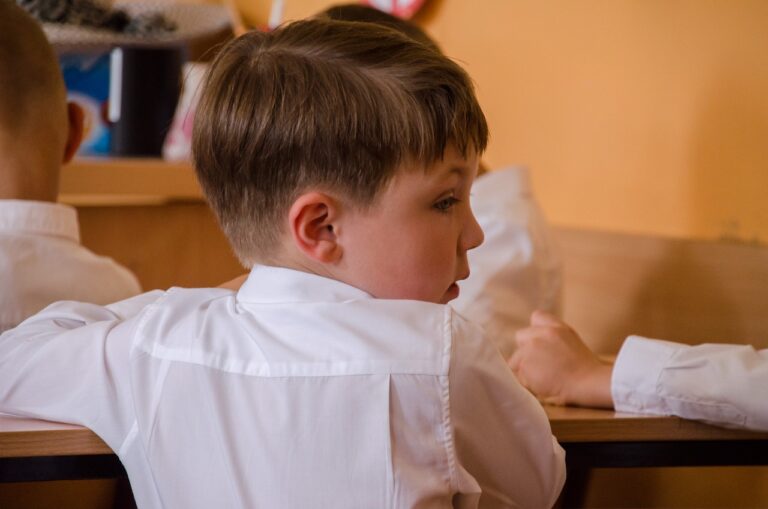Advancements in Adaptive Learning Technologies
Traditional learning methods have long been the cornerstone of education, but they are not without their challenges. One common issue is the one-size-fits-all approach, where students are expected to learn at the same pace and in the same manner. This can lead to disengagement and frustration among learners who have varying learning styles and needs.
Moreover, traditional methods often rely heavily on lectures and textbooks, limiting the interactive and hands-on learning experiences that many students thrive on. This passive approach to learning can stifle creativity and critical thinking skills, as students may struggle to apply their knowledge in real-world contexts. Ultimately, the rigidity of traditional learning methods poses barriers to student success and overall engagement in the learning process.
The Rise of Personalized Learning
Personalized learning is rapidly gaining traction in educational settings as a more tailored approach to meeting the diverse needs of students. By allowing learners to progress at their own pace and focus on their individual strengths, personalized learning fosters a deeper understanding of the material. This shift towards personalized learning signifies a departure from the one-size-fits-all model of traditional education, offering a more dynamic and student-centered alternative that empowers individuals to take ownership of their learning journey.
In a personalized learning environment, educators leverage technology to provide customized learning pathways that cater to each student’s unique learning preferences and abilities. This approach encourages active engagement and fosters a sense of autonomy and responsibility in learners. By adapting teaching strategies to accommodate the individual needs of students, personalized learning promotes greater academic achievement and cultivates a lifelong love for learning.
What are some challenges in traditional learning methods?
Some challenges in traditional learning methods include one-size-fits-all approach, lack of individual attention, and limited opportunities for students to learn at their own pace.
What is personalized learning?
Personalized learning is an approach to education that tailors instruction, pace, and content to meet the unique needs of each student.
How does personalized learning address the challenges in traditional learning methods?
Personalized learning addresses the challenges by providing individualized instruction, allowing students to progress at their own pace, and creating a more engaging and relevant learning experience.
What are the benefits of personalized learning?
Some benefits of personalized learning include improved student engagement, increased academic achievement, and a deeper understanding of the material.
How can schools implement personalized learning?
Schools can implement personalized learning by using technology to track student progress, providing differentiated instruction, and creating flexible learning environments.





